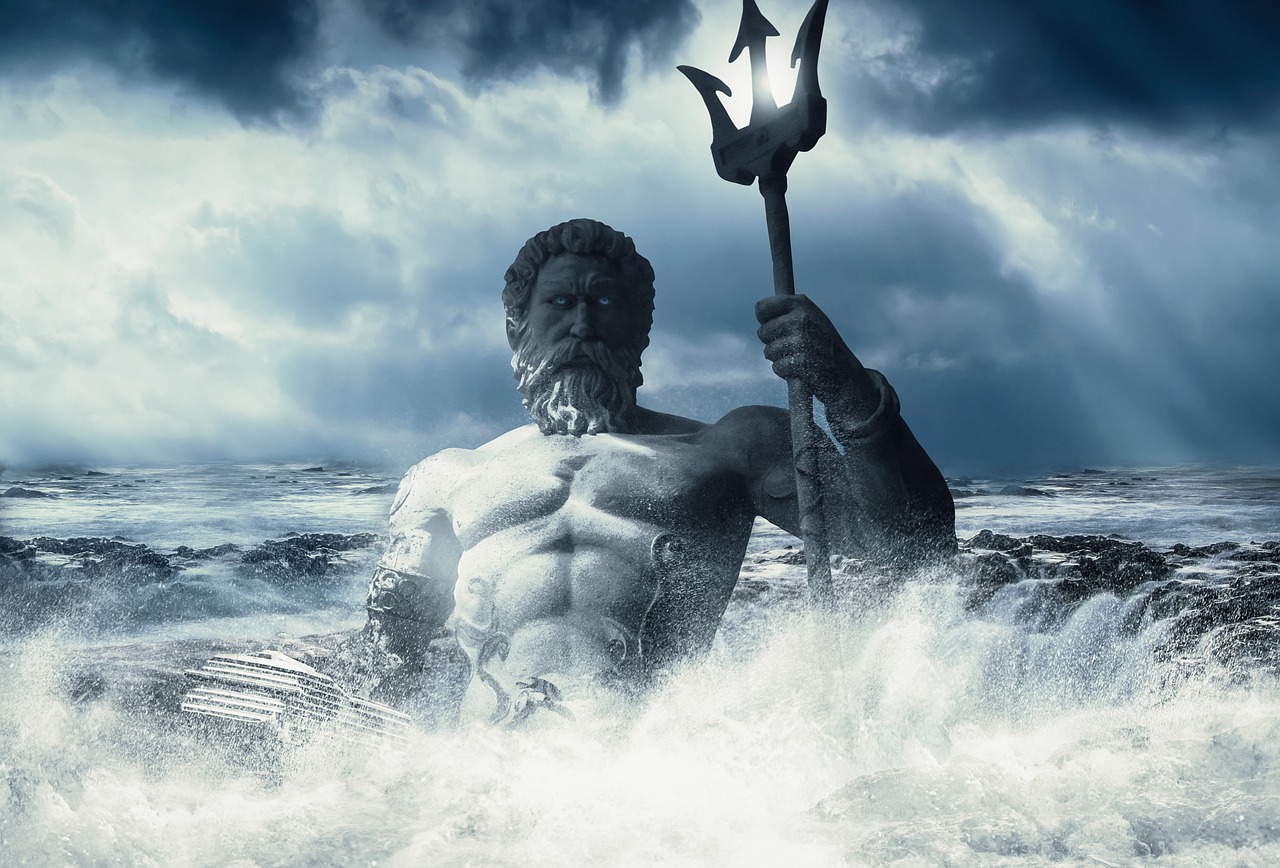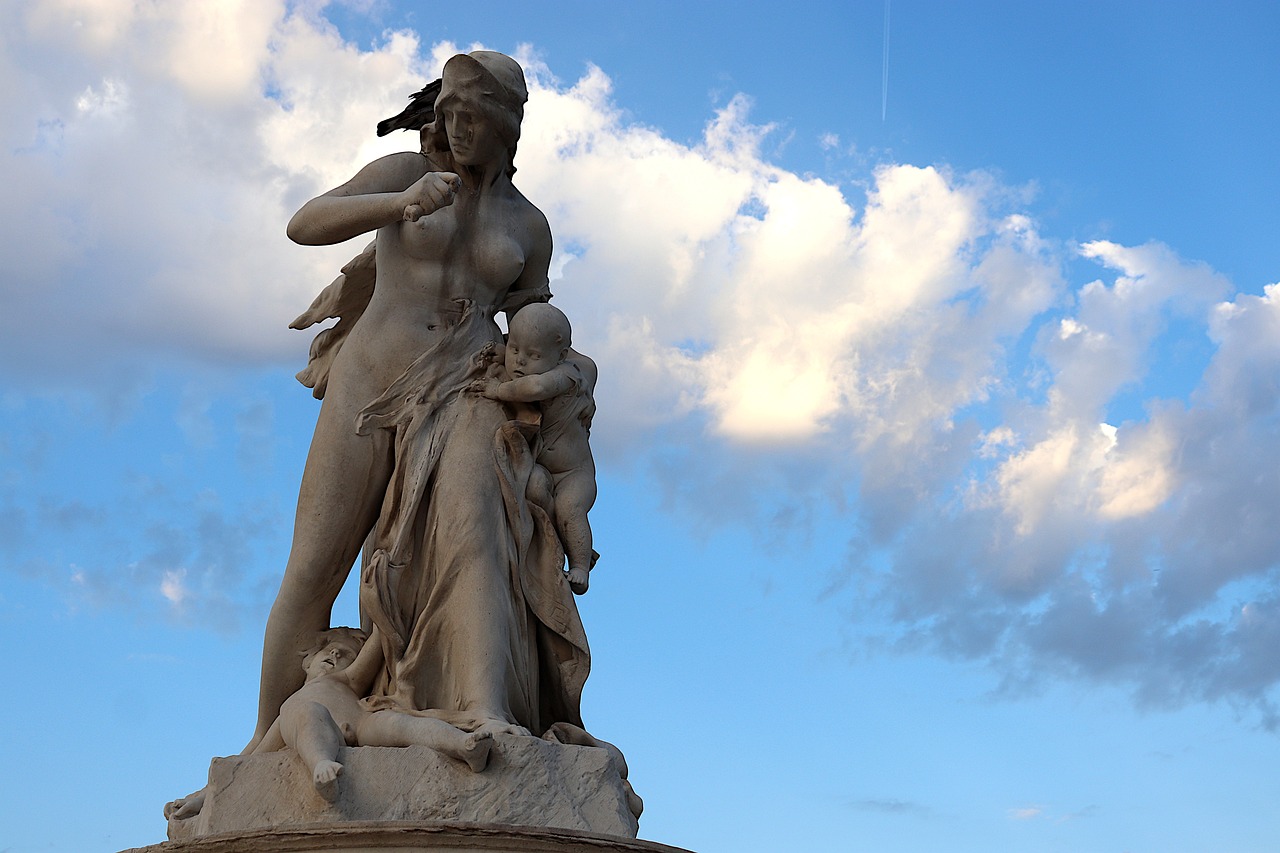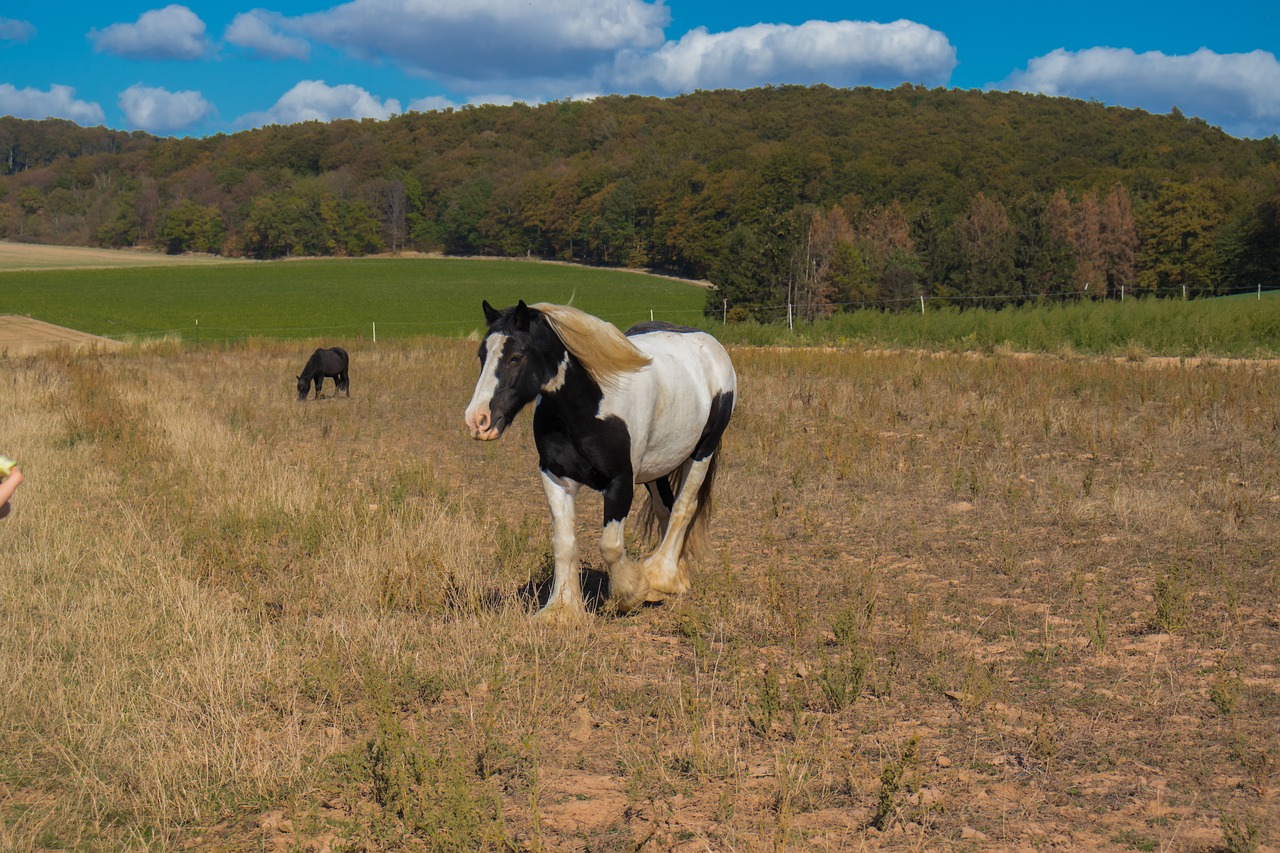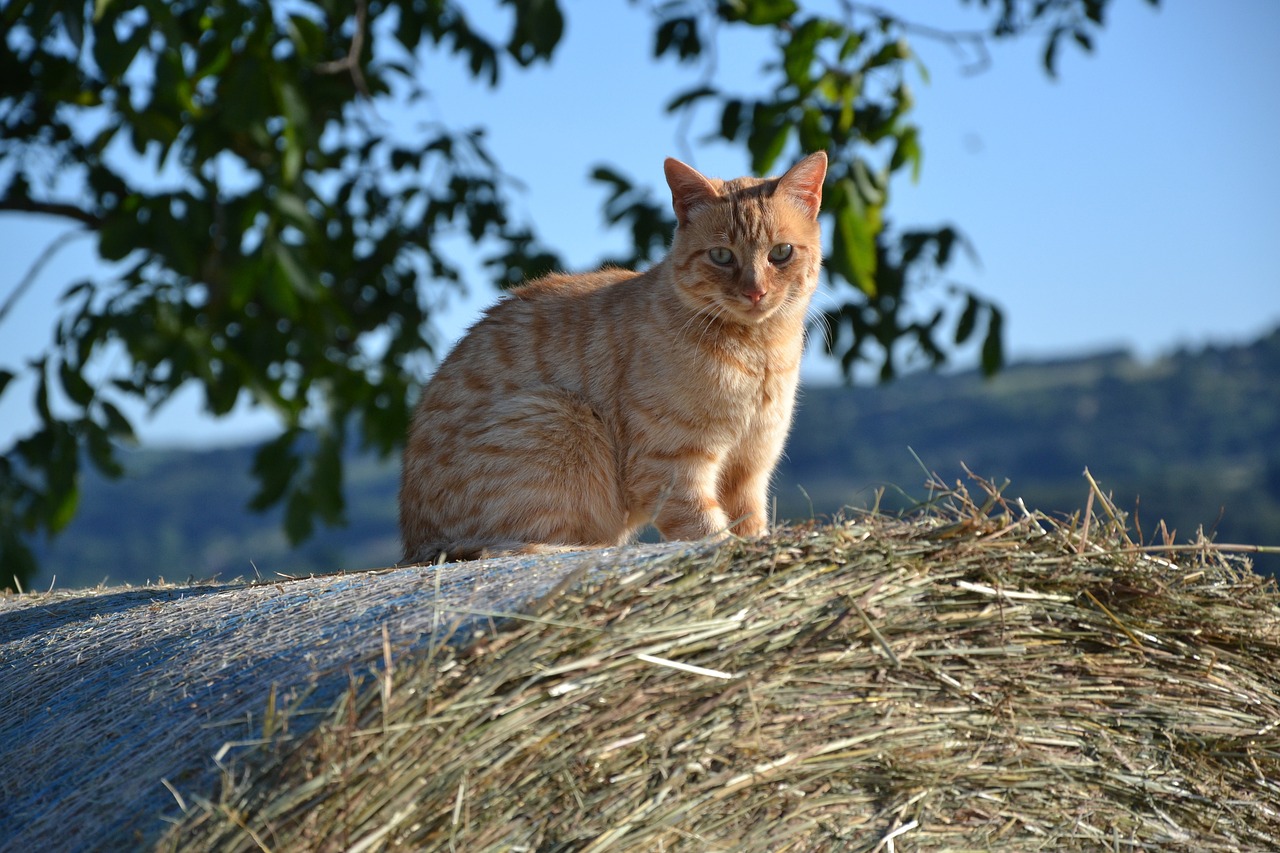Author: Erlang Shen
-
The Clash of Gods and Titans In an age devoid of humans, the realm was governed by the Gods and the Titans. The Gods, formidable entities wielding tremendous might, were led by Zeus, while the Titans, ancient giants steeped in power, vied for dominion in a protracted and fierce conflict. Among them were twin Titans…
-
Dreams are fascinating hallucinatory experiences that occur during sleep, engaging humans with their enigmatic nature throughout history. They have inspired a wide range of beliefs, fears, and theoretical explorations that attempt to uncover their essence. While categorizing dreams can introduce some limitations, they are generally seen as reflections of reality, predictive insights, healing encounters, or…
-
The pantheon of ancient Egypt is rich with a myriad of deities that represent various aspects of human life and the natural environment. Among these divine entities, the goddess Mut stands out as a significant symbol of maternal strength and divine motherhood in Egyptian lore. Her influence, symbols, and mythological importance spotlight her esteemed role…
-
Tacitus, in the opening of the Annals, presents a succinct account of the republic’s evolution, particularly noting how Lucius Brutus “established freedom and the consulship.” This observation by Tacitus not only highlights the political structure of ancient Rome but also suggests a significant relationship between the concepts of liberty (libertas) and the republic. This connection…
-
Medea In the narrative of the play, Medea emerges as its chief character, hailing from Colchis—an island in the Black Sea, viewed by the Greeks as a distant realm inhabited by barbarians. As both a sorceress and a princess, she wielded her magical abilities to assist Jason in acquiring the Golden Fleece. This unfolded into…
-
Roman Mars expresses a keen interest in self-driving cars, stating that they may instigate the most significant transformation of our urban landscapes. As the creator and host of the acclaimed podcast “99% Invisible,” he delves into topics that many overlook, such as the design of everyday items—from toothbrushes to the aesthetics of office chairs—taking a…
-
Unlocking financial wisdom can be transformative, as many have already discovered lucrative methods to enhance their savings, secure their financial future, and boost their bank accounts significantly. Implementing these strategies is surprisingly straightforward, and you can start applying a few of them immediately—often with just your mobile device. 1. Reassess Your Car Insurance You may…
-
Demeter, a prominent figure in the Greek Pantheon, serves as the Olympian goddess overseeing agriculture, motherhood, sacred law, and fertility.While she is most renowned as the mother of Persephone, who ascended to the status of Queen of the Underworld, Demeter also held significant importance in ancient Greek religious practices. She is commonly represented by symbols…
-
In the context of ancient Egyptian beliefs, Re was revered as the sun deity and creator god, playing an integral role in their mythology. It was thought that he journeyed across the heavens in a solar bark by day and traversed the underworld in another vessel during the night. To be reborn each day, he…
-
The Dreaming of Cernnunos Deep in the shadows, the Old God lies in slumber, enveloped by the damp, earthy embrace of the forest floor. He awaits the moment we sink our roots into the ground and claim our connection to the wild. The Guardian of the Wildwood At the heart of the Grove of All…









